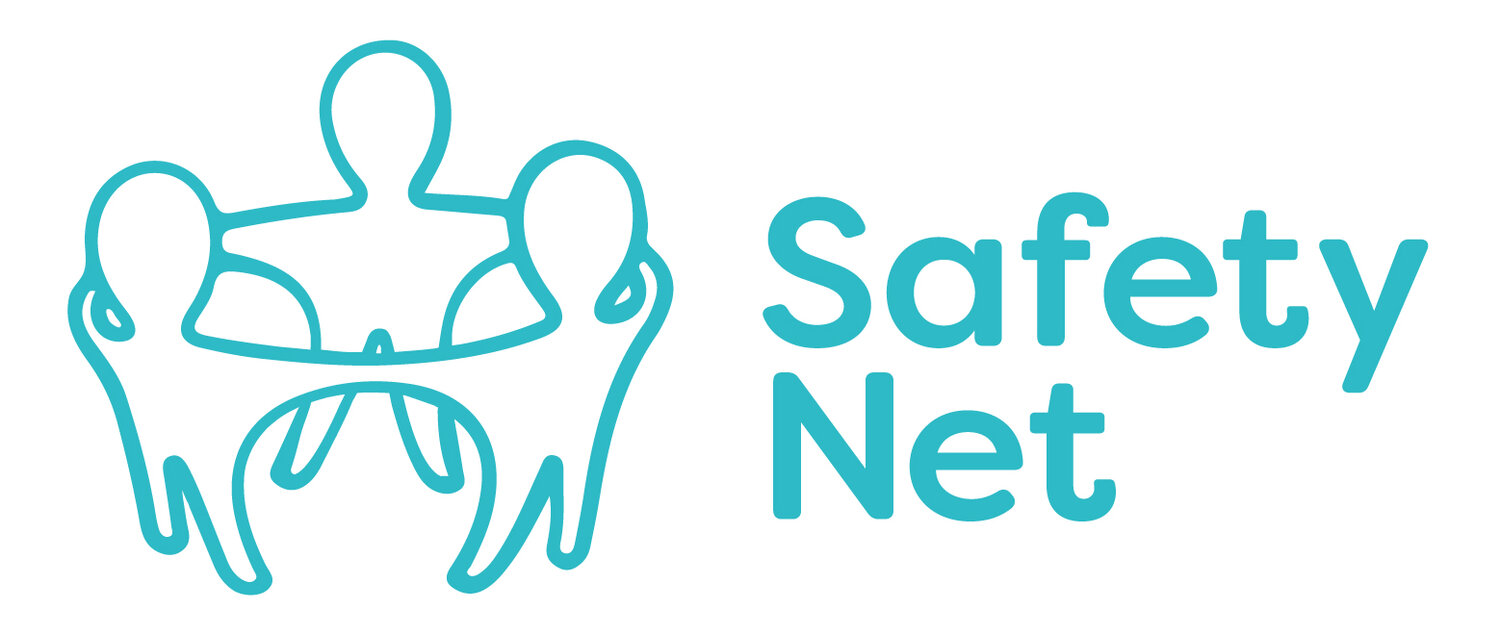5 Myths About Domestic Abuse
There are many misconceptions about domestic abuse and the forms it takes. Women’s Aid defines domestic abuse as an ongoing pattern of controlling, coercive, threatening, degrading, and violent behaviour, including sexual violence, often by a partner or ex-partner. This pattern of abuse can impact your self-confidence and leave you feeling isolated and vulnerable.
It can be difficult to recognise abusive behaviours straight away, particularly when you are still in an unhealthy relationship. Taking the time to learn about domestic abuse is a good first step. In this blog, we’ll address common misconceptions about domestic abuse to help you determine if the behaviour you're experiencing is abusive.
#1 It’s not domestic abuse. There’s no physical violence.
Physical violence is one of the main forms of domestic abuse that people recognise because it’s the most visible. However, domestic abuse doesn’t always include physical violence. It can also be an ongoing pattern of coercive control, psychological or emotional abuse, financial abuse, harassment, stalking or digital abuse.
#2 It’s not domestic abuse. Arguments are a normal part of relationships.
Disagreements and different opinions are a normal part of a healthy relationship, but an ongoing pattern of unhealthy behaviour could be a sign it’s something more. The abuser perpetrator may use physical, sexual, emotional or psychological violence to control your opinions and behaviour. It’s not an equal discussion when one person is scared to say or do the ‘wrong’ thing.
#3 It’s not domestic abuse. They always apologise.
An abuser may justify their behaviour by saying things like “I’m sorry, I was having a bad day” or “I didn’t mean it.” This can make you doubt whether your concerns about their behaviour are valid. They may also place blame on you or other people to take responsibility away from themselves.
#4 It’s not domestic abuse. We just have a passionate relationship.
There’s a common misconception that domestic abuse is a ‘crime of passion’ when the abuser loses control for a moment and ‘sees red’. Domestic abuse is about power and taking control of the other person, whether it’s emotionally, physically, sexually, financially, or digitally. They intentionally choose when to abuse their partner, and they are very much in control of how it happens.
#5 It’s not domestic abuse. They’re mentally unwell.
There is no research to support this, and there is no excuse for domestic abuse and violence.
Get Help
Understanding the misconceptions around abuse can help clarify what you’re experiencing. No form of abuse is acceptable, and everyone deserves to feel safe and respected in a healthy relationship.
If you’re questioning the nature of your relationship, it’s important to seek support. If you live in Cumbria and would like to receive support from Safety Net in relation to abuse you have experienced, please reach out to us today.
